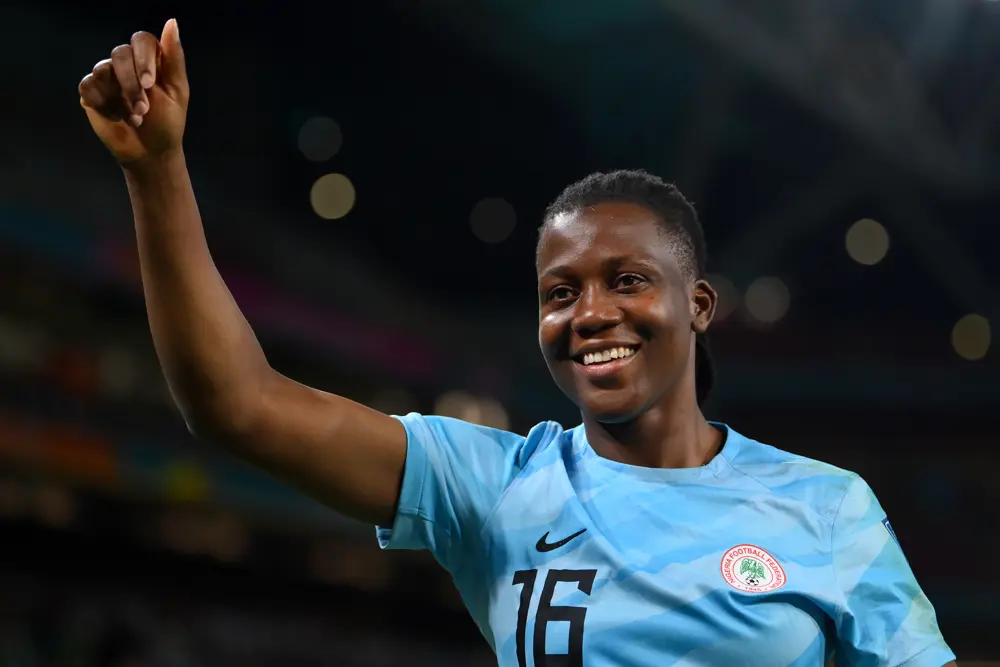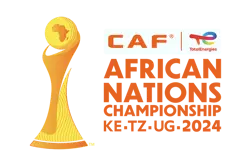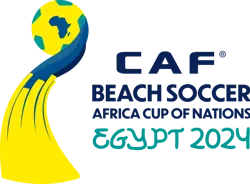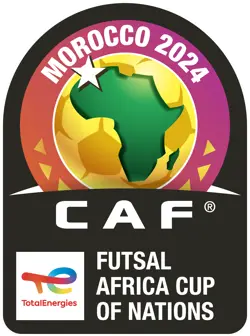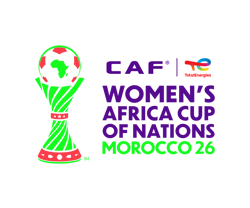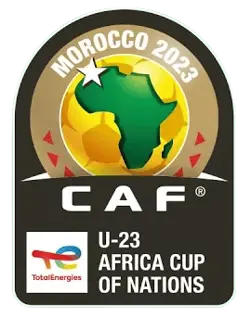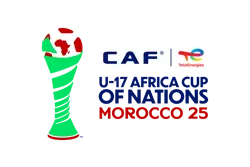Chiamaka Nnadozie (Nigeria): “Defending the legacy of the Super Falcons is a tremendous honour”
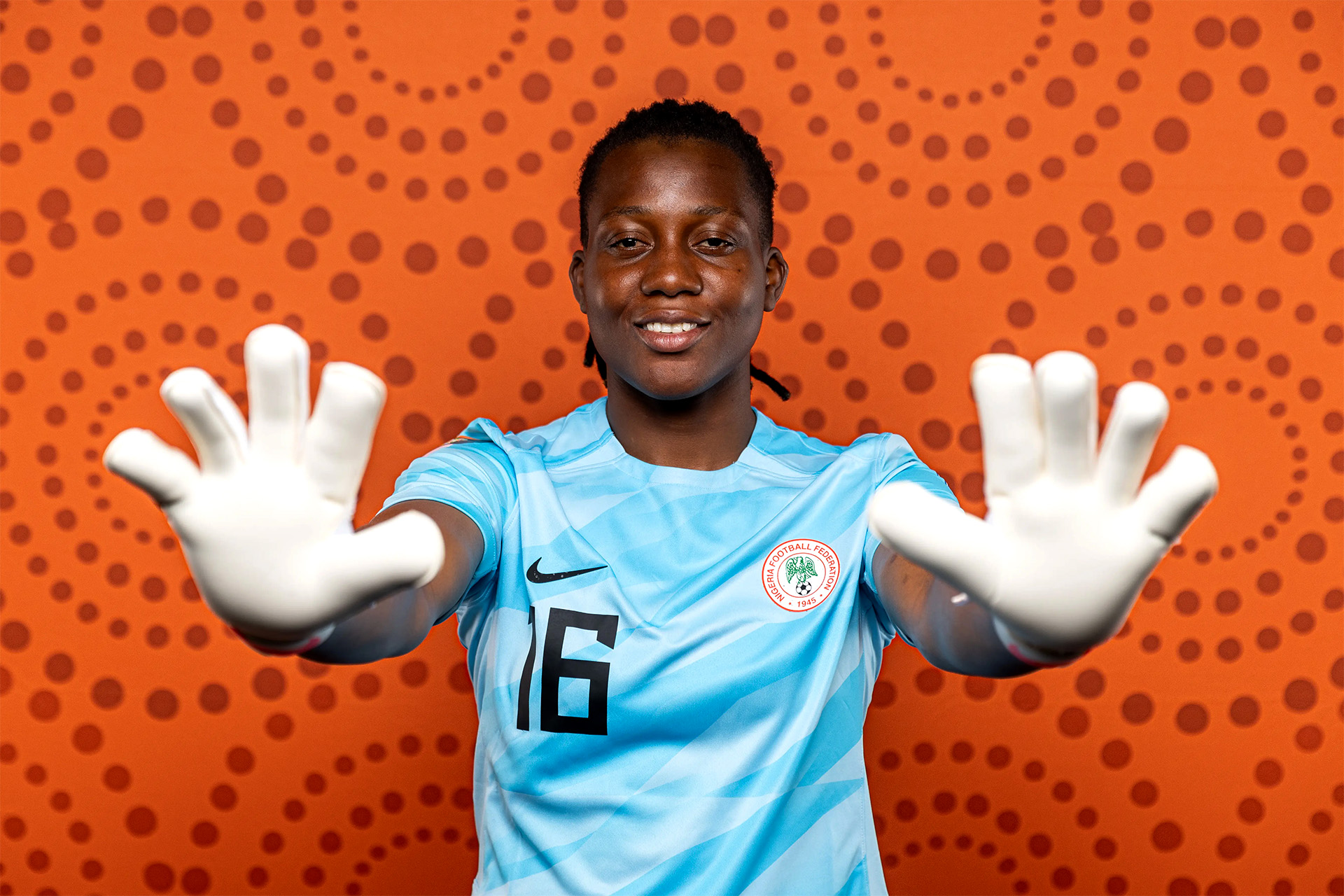
- As the goalkeeper for the Super Falcons, Chiamaka Nnadozie heads into the 2024 Women’s Africa Cup of Nations (WAFCON) with a clear mission to reclaim the title lost in Morocco in 2022
- Named Africa’s Best Goalkeeper two years in a row, “Safe Hands” has established herself as one of the standout figures in women’s football on the continent
- At just 24, she embodies the perfect balance of authority, calmness, and ambition. A commanding presence, a reassuring pair of gloves, and a promise: to lead Nigeria back to the top of African football
Some goalkeepers save shots. Others change the fate of an entire team. Chiamaka Nnadozie belongs firmly to the latter group. At just 24, the woman affectionately dubbed “Safe Hands” by Nigerians has become far more than the last line of defence she’s a symbol of African women’s football. A calming force amidst chaos. A goalkeeper who inspires confidence, who leads, and who wins.
Her aura grew even stronger in May last year. On that day, in Orléans, she made history with Paris FC by helping the club lift its first ever Coupe de France against Paris Saint-Germain (0–0; 5–4 on penalties). Two penalties saved in the final. A decisive stop at the very end. An unforgettable performance. This came just weeks after being named Africa’s Best Goalkeeper at the CAF Awards for the second year running. A well-deserved accolade for a player constantly pushing the limits.
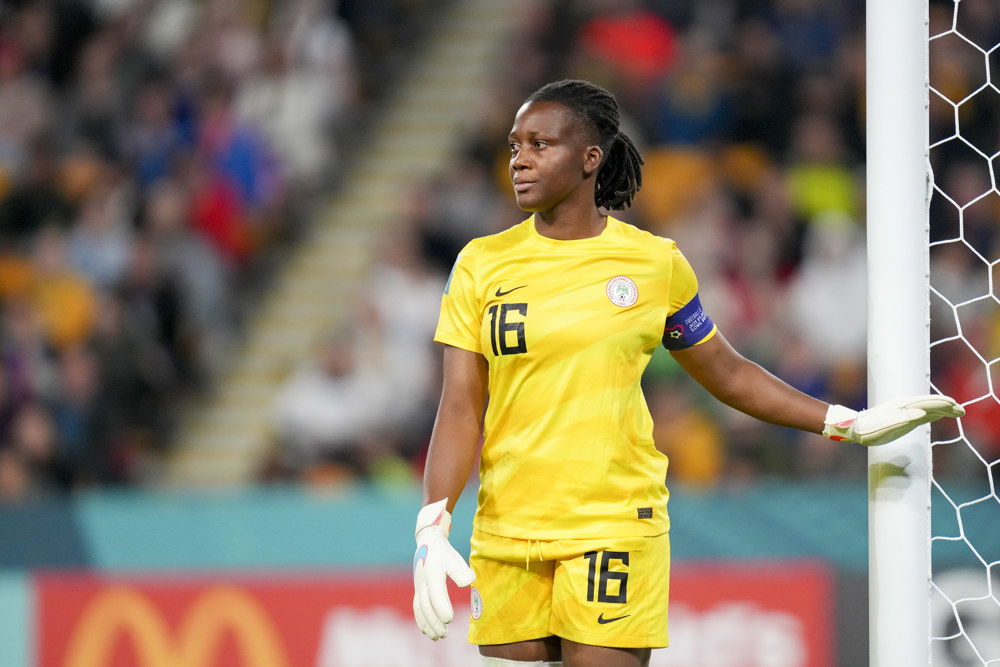
But it’s with the national team that her impact feels most profound. During the 2023 FIFA Women’s World Cup, she changed the course of a crucial match. Nigeria was up against Olympic champions Canada. Midway through the game, a penalty was awarded. Christine Sinclair a living legend stepped up. Nnadozie stood tall. She dived and saved the shot. In that moment, the world saw what Africa already knew: Nigeria had a world-class goalkeeper.
Yet for her, the story remains unfinished. In 2022, in Morocco, the Super Falcons’ continental dominance wavered. They were knocked out in the semi-finals by the hosts after a heart-breaking penalty shoot-out. A title they expected to defend slipped through their fingers. That loss still lingers with Chiamaka. Today, she speaks of it with renewed determination: “This 2024 AFCON isn’t just another tournament. It’s a mission to reclaim what’s ours,” she says, eyes fixed on the prize.
Her journey commands respect. In 2019, she became the youngest goalkeeper to play at a World Cup, at just 18. Four years later, she’s captain. And that armband isn’t just symbolic she wears it with pride and responsibility. She knows the weight of the shirt she wears; the legacy the Super Falcons have built before her. And she wants to add her own chapter to that legacy.
As the 2024 TotalEnergies CAF Women’s Africa Cup of Nations approaches, Chiamaka Nnadozie has never seemed more ready. Ready to defend. Ready to lead. Ready to win. At 24, she no longer plays just for herself she plays for a collective redemption, for a generation determined to write its own story. She doesn’t just want to participate in this tournament. She wants to leave her mark on it. Gloves laced. Eyes focused. Ambitions high.
CAFOnline.com: Nigeria is in Group B alongside Tunisia, Algeria, and Botswana. What’s your take on this group?
Chiamaka Nnadozie: People might think it's a manageable group, but the reality is very different. Women’s football has made huge strides in recent years. Every team is improving, working hard, and investing in development. We saw it in the last AFCON, where many of the favourites were shaken. No one can be underestimated anymore. This group is tricky, and we have to treat it with the seriousness it deserves. Qualification won’t be handed to us we’ll need to earn it through hard work and discipline.
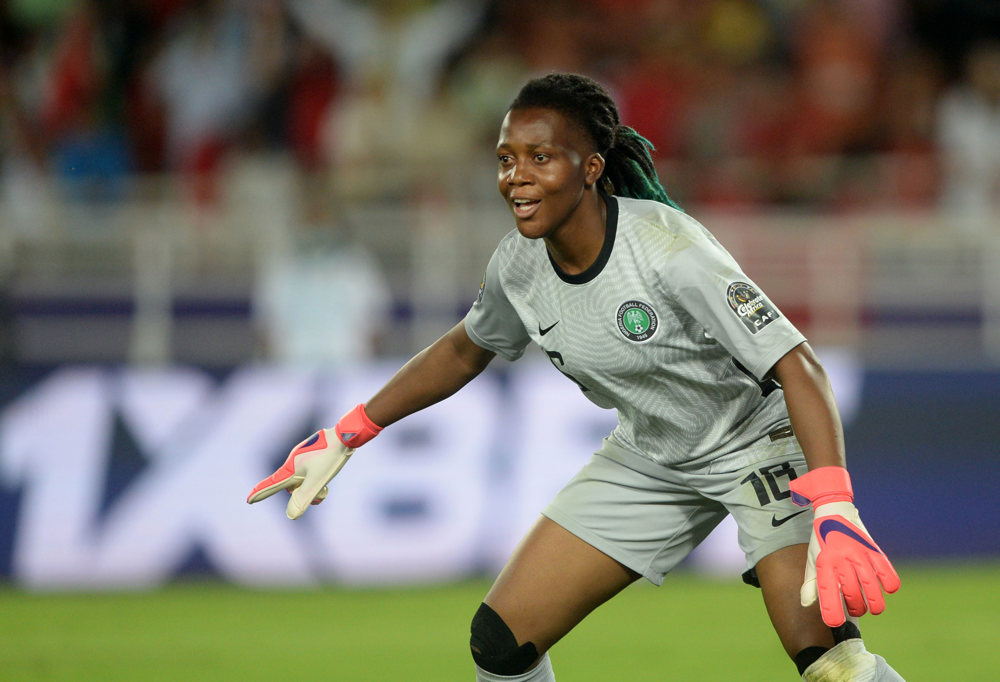
At the last edition, Nigeria lost the title in the semi-final against Morocco. How did that elimination affect you?
It was incredibly tough to accept. We really wanted to defend our crown, but football can be like that some days, things just don’t go your way. That match against Morocco, we lost partly because the opposition had a well-executed strategy. It’s not that Nigeria is weaker it’s that other nations now see us as the team to beat. They prepare accordingly. That forces us to stay humble and to keep raising our level.
With 9 titles, Nigeria is the most successful team in WAFCON history. Do you feel the weight of that legacy?
Absolutely. Wearing the Super Falcons jersey means carrying a legacy. It means playing for the generations before us who won everything. The spotlight is always on us. When another team loses, it’s not a big deal. When Nigeria loses, it feels like a national crisis! But we must keep calm. We’re athletes we make mistakes too. The key is to turn that pressure into positive energy and motivation. Our goal is clear: to go all the way, but with focus and intelligence.
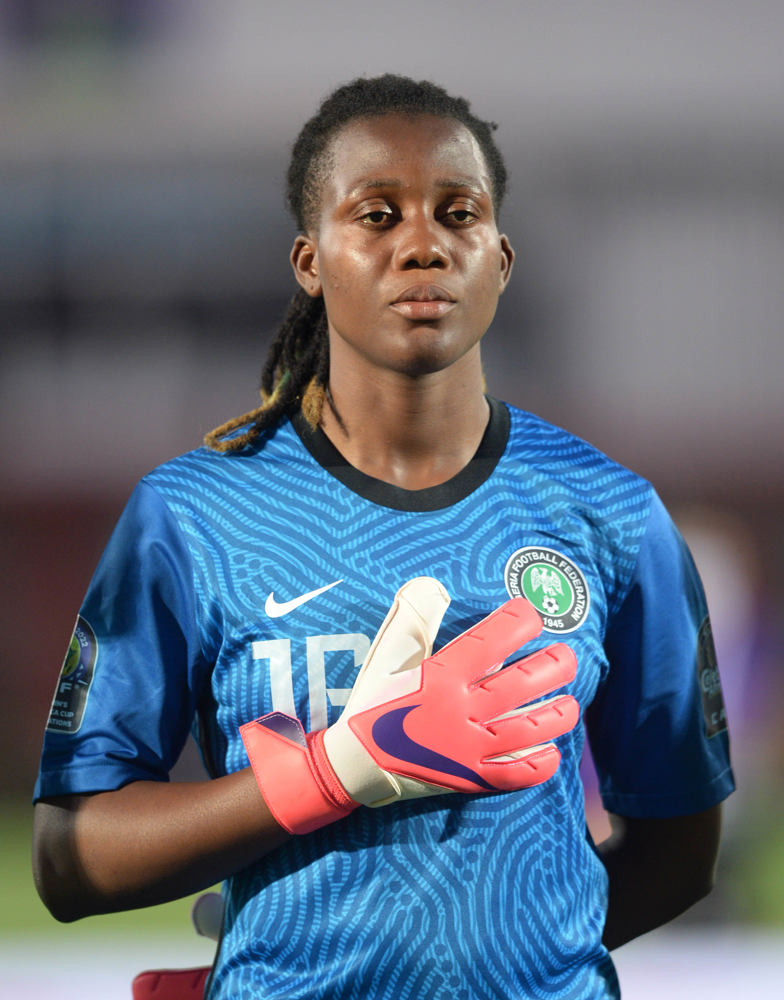
What does it mean to you to defend the legacy of the Super Falcons?
It’s a huge honour. When I think about the great goalkeepers and players who came before me, I feel both gratitude and responsibility. They paved the way. Now it’s up to us to continue that excellence. I rely on two core values: discipline and humility. Those are my foundations. I try to stay focused on my role and the team. The rest will be shown in the results.
This will be your third WAFCON. What does this tournament mean to you?
To me, WAFCON holds the same weight as a World Cup. The atmosphere, the stakes, the intensity it’s all there. I remember the 2022 edition in Morocco: packed stadiums, incredible supporters. You feel lifted by an entire continent. And personally, I’ve never been the starting goalkeeper when we’ve won a title. This time, I want to lift that trophy from the pitch to play a real part in the victory.
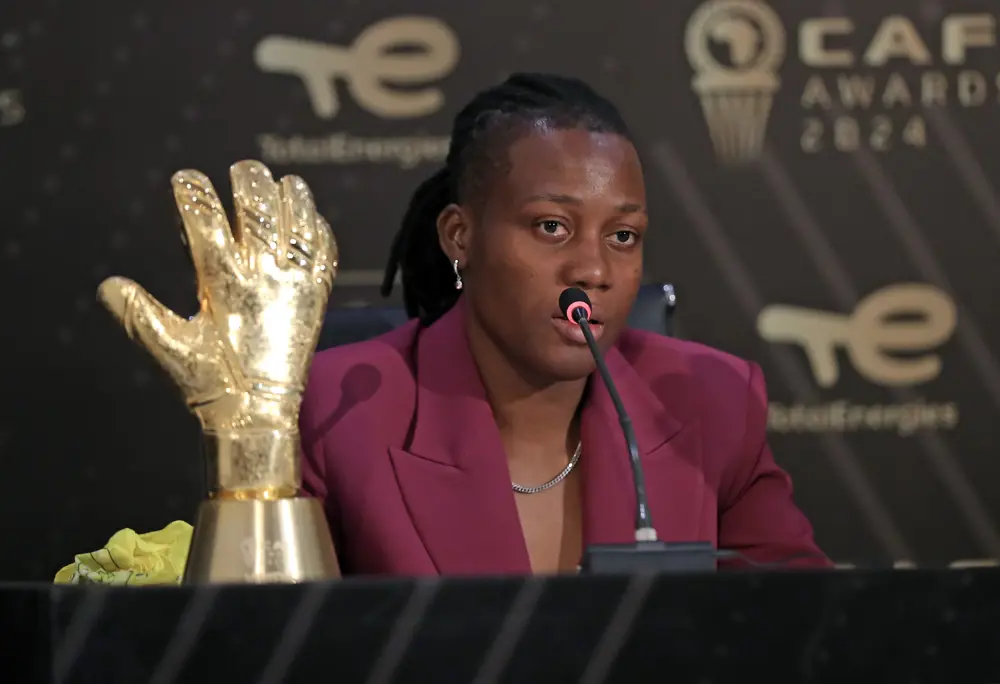
When did you realise that playing for Nigeria meant more than just wearing a jersey?
I remember it clearly. It was in 2018, during a match against France. It was my debut, and we lost 8–0. I was devastated. I cried after the match. But then I saw the messages the support, the encouragement, the feedback. Everyone was calling me a rising star. That’s when I realised playing for Nigeria means touching hearts. It’s not just about the match it’s a mission. That day, I understood the weight and the meaning of this jersey.
You’re now one of the team’s leaders. How do you handle that responsibility?
I take it very seriously. Being a leader isn’t just about performing on the pitch it’s about your presence in the dressing room, your attitude. I try to stay approachable, to support others, especially the younger players. I’m lucky to have a good support system, but I know the responsibility also falls on me. I stay grounded in my values. I believe in consistency and hard work. The spotlight shouldn’t distract us from what truly matters: growing every day.
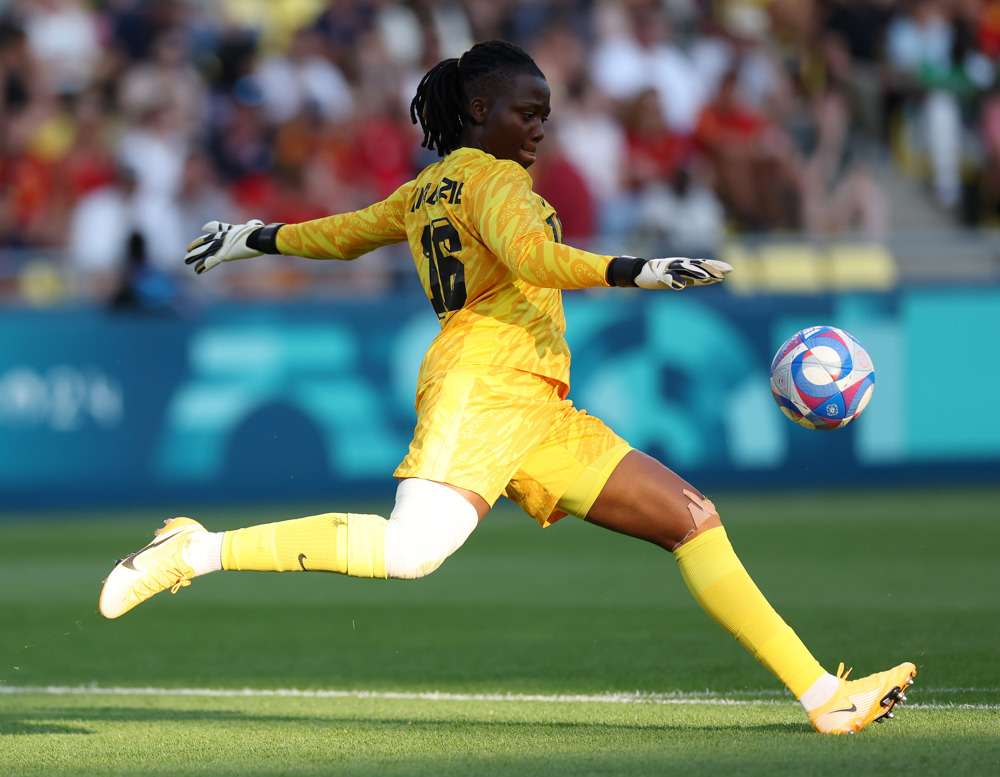
How do you support the younger players joining the national team?
I try to be there for them. I talk to them, explain that age doesn’t define your place in the team. Recently, one of them called me ahead of a tournament to ask for advice. That touched me. I remembered how the senior players welcomed me when I started. Now it’s my turn to pass that on. I want them to feel confident, to express themselves freely within the team.
What message do you want to send to young girls dreaming of becoming footballers?
Never let anyone dim your light. First, believe in yourself because if you don’t, no one else will. But most importantly, never stop learning. Talent alone isn’t enough. You have to study the game, watch, question yourself. Even when you’re on the bench, observe and analyse. And always maintain a good attitude. Do the right thing even when no one’s watching. Because someone, somewhere, always is.
